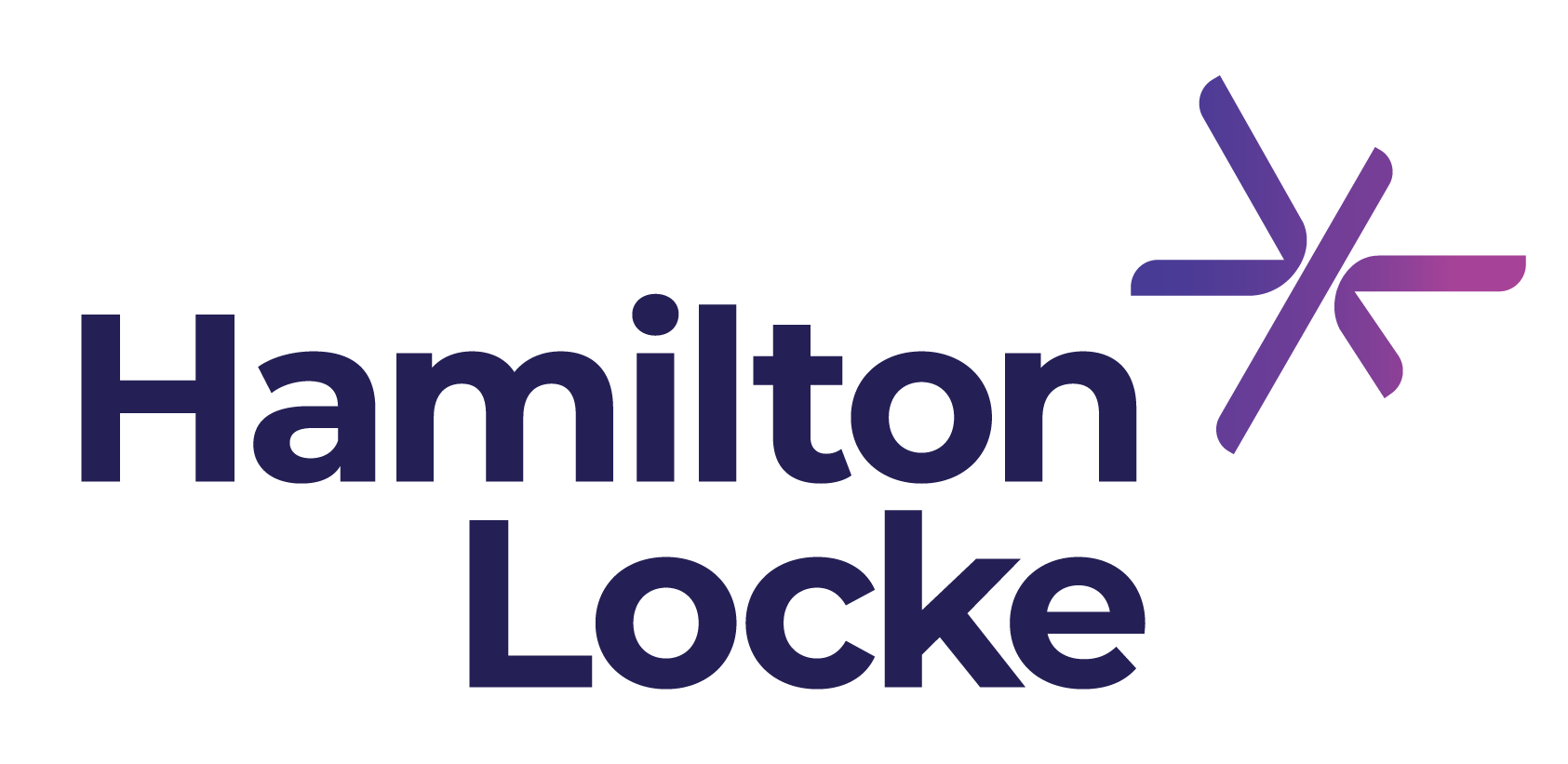GROUP PURCHASING BODIES – THE POWER, PROS AND CONS.
Published on Mar 06, 2020

A group purchasing body (GPB) arranges or holds insurance or risk cover for its members. They don’t have to meet some legal requirements (like holding an AFSL) but with these benefits come certain constraints.
What do GPBs do?
A GPB is anyone who arranges or holds insurance or risk cover for its members provided they don’t give financial product advice or issue insurance products. For example:
- industry associations;
- clubs;
- sporting groups;
- corporate groups; or
- buying groups.
GPBs may:
- arrange a master policy, group policy or individual policies on behalf of its members; or
- pool contributions from members to buy protection for them.
Generally, businesses need to be appointed as an authorised representative or be licensed to provide these type of services. But ‘eligible’ GPBs don’t have to meet some legal requirements.
Who is eligible?
A GPB is eligible if they don’t have an Australian Financial Services Licence (AFSL), or have a limited AFSL, and they:
- provide financial services to a member incidentally to another relationship they have with the member; and
- do not carry on any business in order to make monetary payments to members.
If the GPB does have an AFSL (but not a limited AFSL) or is an authorised representative, they are eligible if they only arrange or hold insurance or protection for their officers, employees or their relatives.
What relief do GPBs receive?
Eligible GPBs are not required to:
- have an AFSL;
- be appointed as an authorised representative or general insurance distributor;
- register as a managed investment scheme;
- meet the retail client disclosure requirements; or
- meet the statutory trust accounting rules.
There are many restrictions attached to this relief
While this sounds good, it comes with many restrictions. For example, GPBs can’t earn a profit and can only receive some very specific financial benefits for arranging the protection (like payment for the reasonable costs of providing the services and rebates for expenses they incur). GPBs are only able to recover their legitimate administrative costs and this means that they are not able to ‘average out’ their costs, eg estimate their costs and charge a fee for that amount to their members.
GPBs must also meet several stringent requirements including:
1. They must establish a facility to allow each member to confirm that the group policy has been issued and remains current.
2. If the protection will not apply for the period represented (including where it is cancelled or not renewed), they must:
- take reasonable steps to notify each group member (unless the product issuer does so or substantially similar protection applies instead); and
- compensate group members who suffer loss for the GPB’s failure to notify the member.
3. They must provide information and statements to group members as soon as possible after a group member has access to the cover, including:
- factual information about the nature of the cover, including the GPB’s role and the period for which the cover will apply;
- details about the amount payable to obtain cover (in dollar amounts and separately identified from other amounts payable);
- information about any rebates they will receive when arranging the cover including amounts or a description of how those amounts are calculated;
- a statement that the GPB will ensure a copy of the terms and conditions of the cover will be supplied (without charge) within a reasonable time after the member’s request;
- information about how to access the facility to confirm the cover has been issued and remains current; and
- a statement that the GPB does not hold an AFSL (or holds a limited AFSL) and the group member should consider obtaining financial product advice about the cover (where the GPB is not an AFSL holder).
What are the alternatives?
Because of these restrictions GPBs may be better placed to partner with an AFSL holder as an authorised representative or general insurance distributor.
As an authorised representative or general insurance distributor the GPB may be able to:
- agree a more flexible or lucrative commercial relationship with the AFSL holder;
- ‘white-label’ the insurance if they’re an authorised representative. This means they can offer the product under their own branding; and
- earn profits or benefit financially from providing these services as long as they tell their members.
If insurance is mandatory then there may be another option
Soon a deferred sales model will apply for add-on insurance products that are sold to retail clients. This means that a GPB will have to wait four days before offering a member an insurance product that is usually sold alongside another good or service. A GPB may avoid this if the insurance is not offered separately (by opting in) but is instead bundled as part of the benefits of membership.
For example, a sports club could:
- give all its members personal accident insurance as part of their membership; and
- include the cost of the insurance in its membership fees.
Then it wouldn’t need to wait four days to offer members the insurance and the GBP could access the relief outlined above. This would help to minimise the impact of regulation on the group’s arrangements.
A word of warning
The current GPB relief may be replaced soon. ASIC indicated that they would consult with the industry and other stakeholders in 2019 and decide what changes were required by the end of 2020 but this hasn’t happened yet.
ASIC also hasn’t updated or replaced Regulatory Guide 195 (group purchasing bodies for insurance and risk products) since 2010, so it can’t be relied on. In other words, things could change.
If you’re considering offering protection to your members or want to know how to structure your group purchasing arrangements, get in touch. We’d be happy to help.
March 2020


